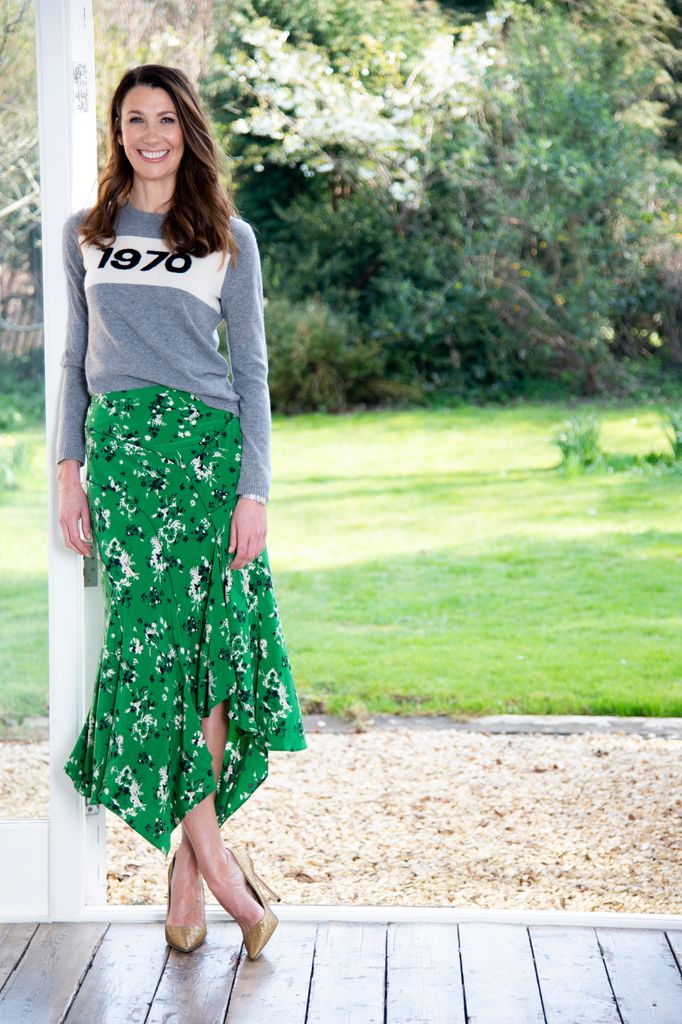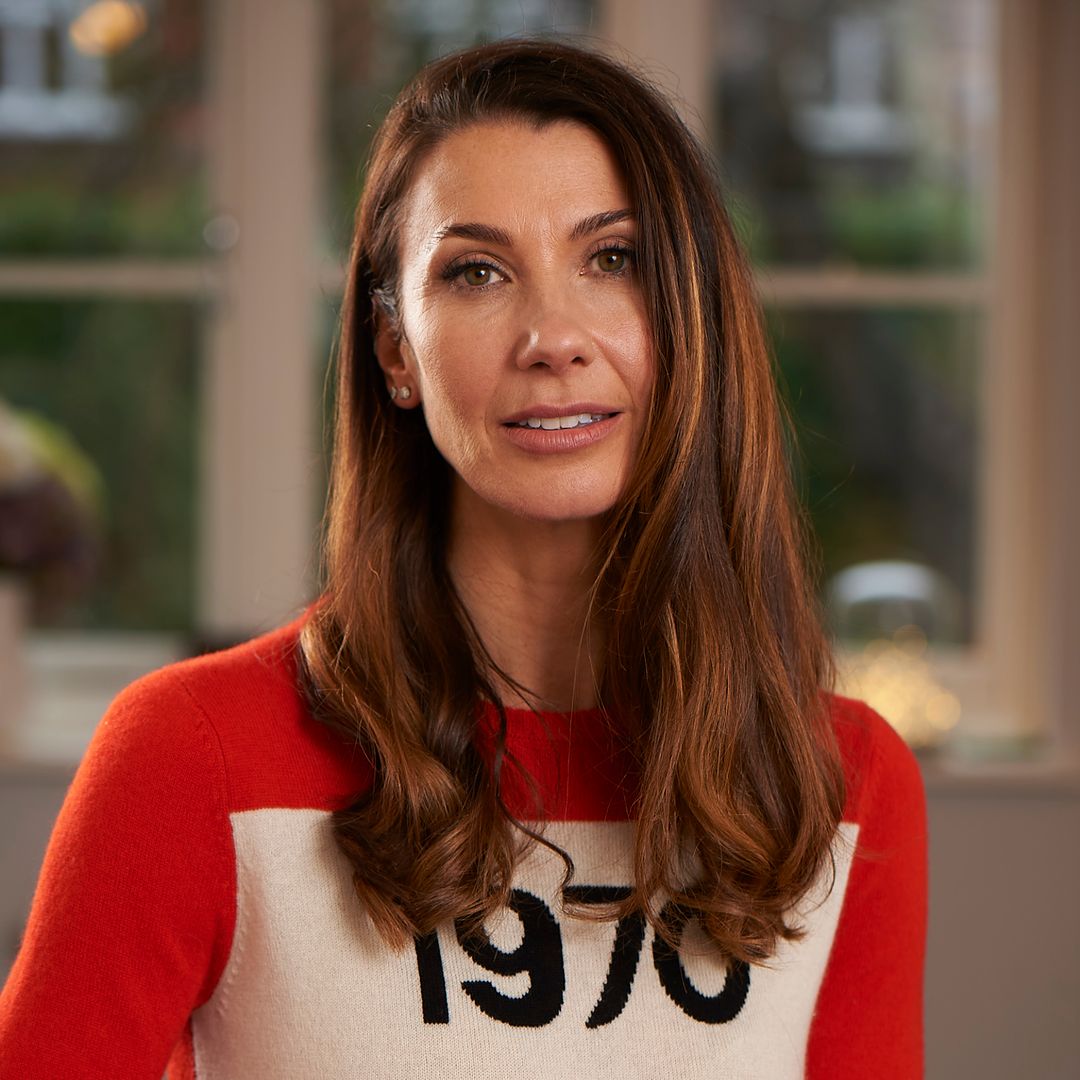From petty annoyances (leaving cereal welded onto the bowl! Staring at their phone mid-conversation) to the seismic incidents (affairs, debilitating illnesses, MIA teenagers) there is no doubt that midlife throws up huge challenges for our romantic relationships.
As someone whose own marriage spectacularly imploded, I'm always keen to understand what the main friction points in relationships are, and how best to address them.
When researching my book on post-breakup healing, one of my takeaways was that it's often our deep-seated fears that prevent us from having difficult conversations, which can lead to simmering discontent.
For this piece, I turned to author Joanna Harrison for advice. She wrote the book 'Five Arguments All Couples (Need To) Have' and is deeply empathetic, thoughtful and wise. Here she identifies common midlife relationship frustrations and gives us practical tips for resolving them.
Midlife relationship problems - and how to solve them
1. There's a breakdown in communication
Midlife throws up some challenging emotions. "There can be sad feelings about getting older, children moving out, bodies changing or not being in a place we imagined we would be work-wise," says Joanna.
She says talking about them is key and has this advice for broaching difficult topics. "Conversations go better when we don't put up each other's defences. Don't spring conversations - set a time to check in with each other. Curiosity is your friend. E.g. 'I have this idea that I'd like to travel more, but I'm really curious to know what that would mean for you.'
READ: Navigating 'exhausting' midlife dating – from people who have been there
"Acknowledging the impact you have on each other helps difficult situations feel easier. These steps all support more creative, collaborative thinking. If we give each other the space and support to process sad feelings, we can stop them getting stuck inside (which can leave us feeling depressed)."
2. We feel frustrated and unappreciated in our roles
Joanna says: "What I see often is a situation where one person has been the breadwinner and one has been more involved with the domestic side of things including children.
"Often by midlife they are totally fed up and resentful for feeling that what they contribute is unseen. Another tension I see is that with children leaving home and there being more space for each to pursue individual interests or hobbies, there is often an unspoken expectation that the one who has previously been more domestically involved will continue to do all those roles."
To combat this, Joanna says: "Check in with each other and ask, 'How do you feel about the responsibilities you have? Are there things you're doing that you think I don't see? Is there anything we can do to adjust things?'
"And, if you're off to do your new midlife hobby, check in with your partner to see if there's anything that needs doing round the house first!"
READ: How to have your best sex during menopause according to a sexologist
3. There's tension in the bedroom
Joanna says that in midlife "there can be discrepancies of desire connected to hormonal changes or different feelings about one’s body image. If it builds up resentments then it can get in the way of positive feeling."
Her advice is: "Don't just leave your physical relationship for the bedroom. Think about having a physical 'conversation' during the day - whether that's making an effort to brush hands or compliment each other - it keeps you in touch with each other's bodies.
"Snoring is another issue that affects couples in midlife - it seems to get worse as people get older and causes friction. It's a terribly sensitive issue and couples need to find a way to talk about it that isn't accusatory but that is, 'Can we try and solve this, for both of us, and get the appropriate help?'"













